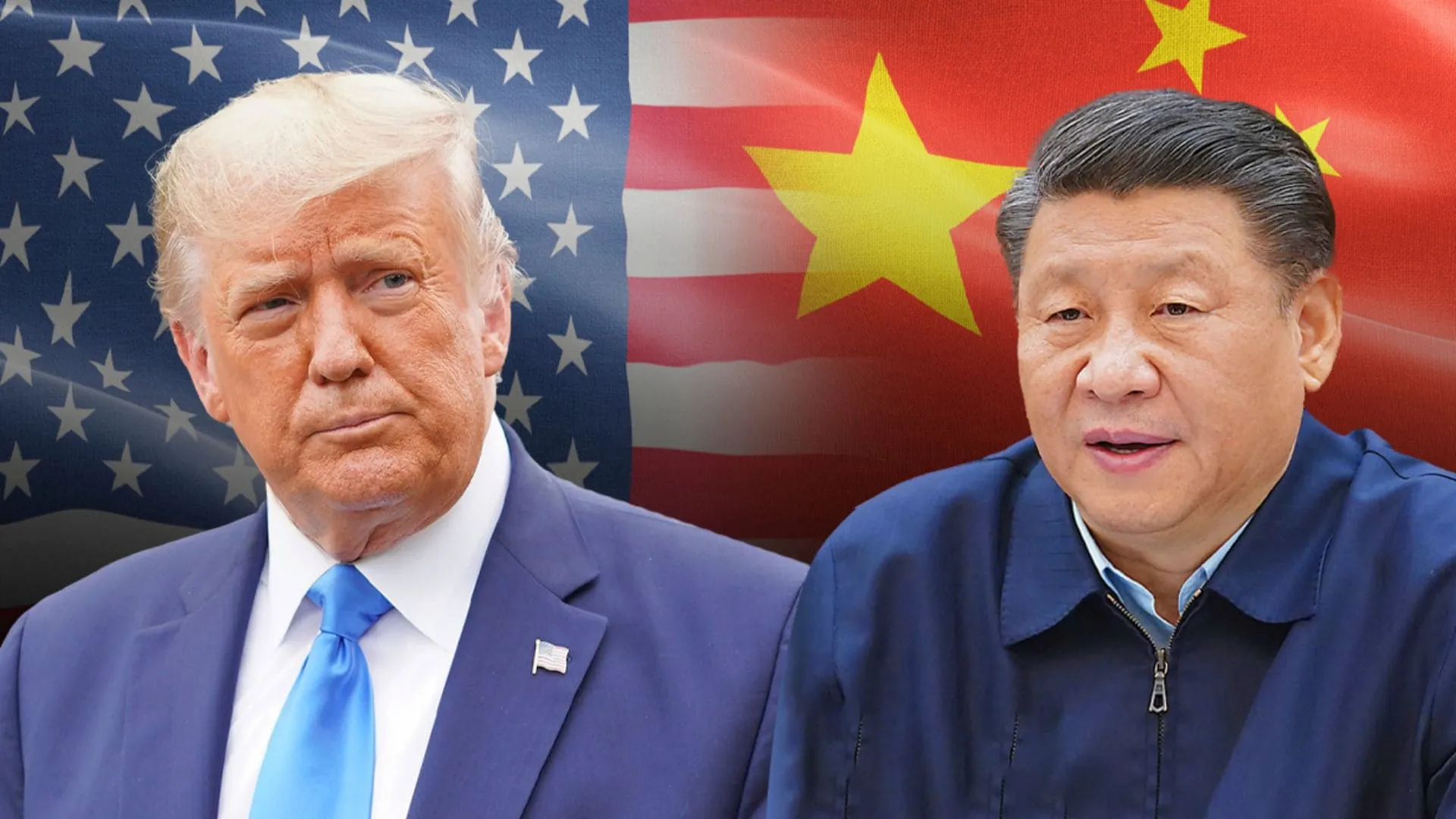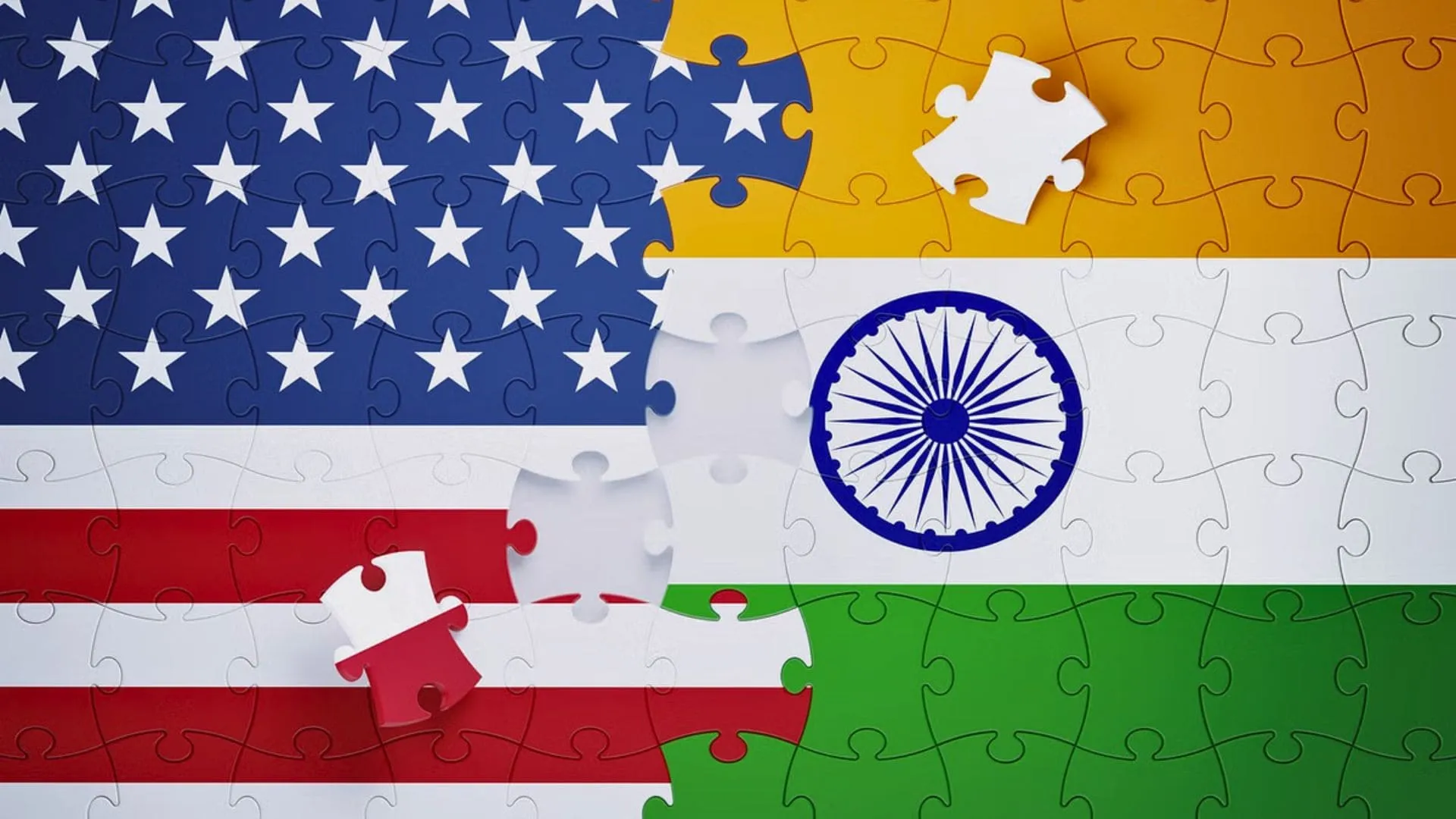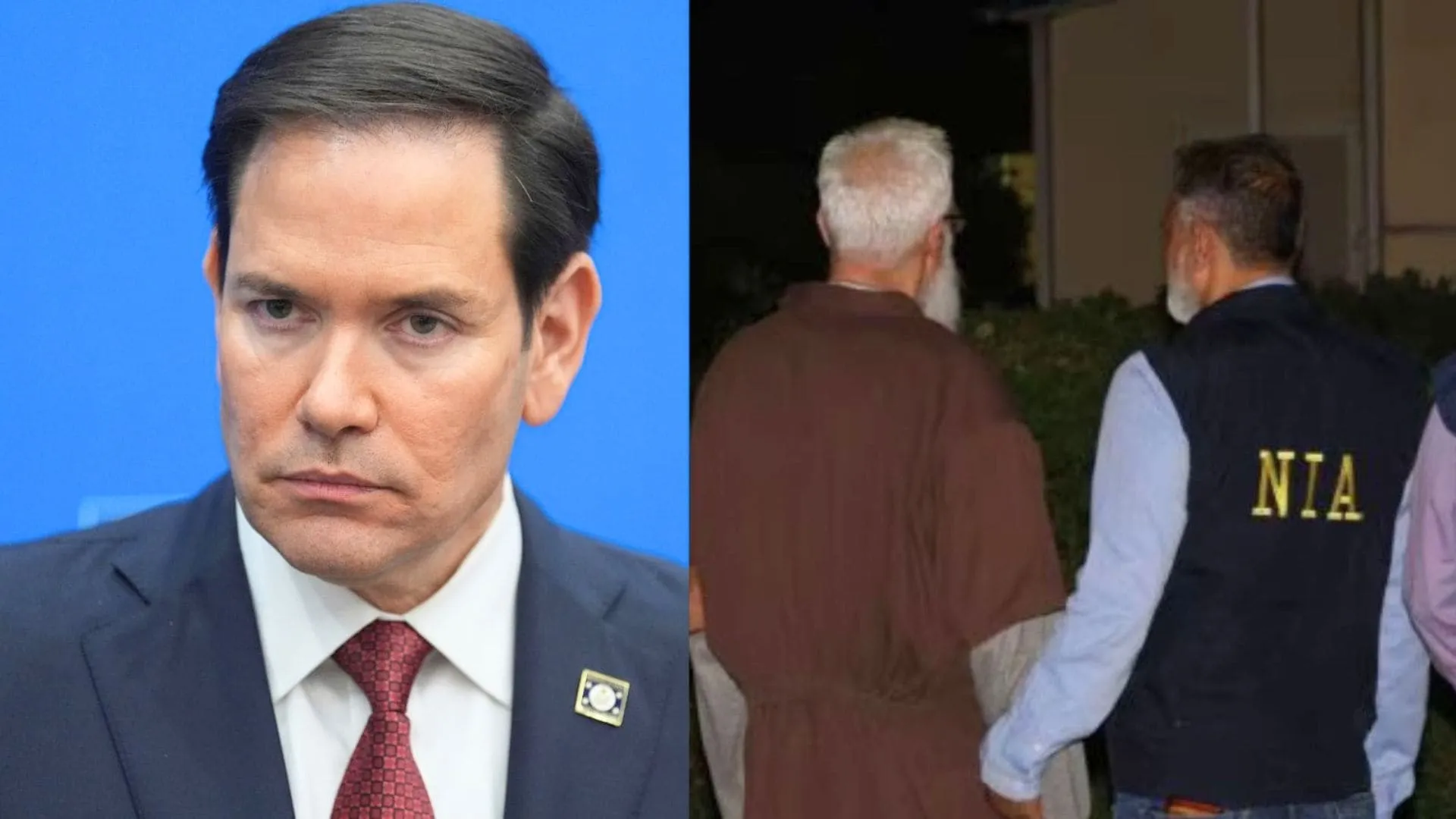The Supreme Court in the case Seethamal And Anr. v. Narayanasamy And Ors observed and has made it clear that the first appeal and a second appeal which are arising out of two proceedings and of the same parties to the dispute cannot be clubbed and be disposed of by the common judgement even the parties are essentially the same and property in dispute being common.
The bench comprising of Justice AS Bopanna and Justice Hima Kohli in the case observed and has remanded that the first appeal and the second appeal arising out of two suits back to the Madras High Court which had been disposed of by the common judgement.
The court in the case observed and has stated that the considerations is to be made in case of a first appeal under Section 96 of the Civil Procedure Code, 1908 CPC and that of the second appeal under Section 100 Civil Procedure Code, 1908 CPC are entirely being different. Therefore, the re-appreciation of evidence would only arise while deciding of the first appeal and not the second appeal.
In the present case, the suit was filed in the year 1996 for declaration and injunction which is based on the contention that the plaintiffs were the absolute owners of the property. The court dismissed the suit by an order passed in 1998. Therefore, the regular first appeal was being filed against the order and the same was being disallowed by the court in the year 1991. Therefore, the court allowed the suit for partition. Subsequently, the regular first appeal was filed before the court.
The court observed that in both the proceedings the parties were same, the appeals are considered and are clubbed by the Madras High Court. Thus, it has been noted by the Apex Court in the case that in the normal circumstance the High Court would have been justified in considering the matters together in order to avoid contradicting decrees. In the said case, one being the regular first appeal while the other was a second appeal and the considerations to be made in these two appeals are entirely different.
The Apex Court in the case noted that the High Court ought to take into consideration the facts which are arising out in the first appeal and decide the same and thus, the second appeal would arise for an independent consideration. Further, it has been made clear that the two appeals being remanded to the High Court ought to be de-linked and considered independently.
The Apex Court in the case wile considering the nature of litigation and the time already spent in litigating requested the High Court to first refer the matters to mediation.
Accordingly, the court stated that if the medication fails, the High Court can go ahead and decide the matter as expeditiously as possible.

















